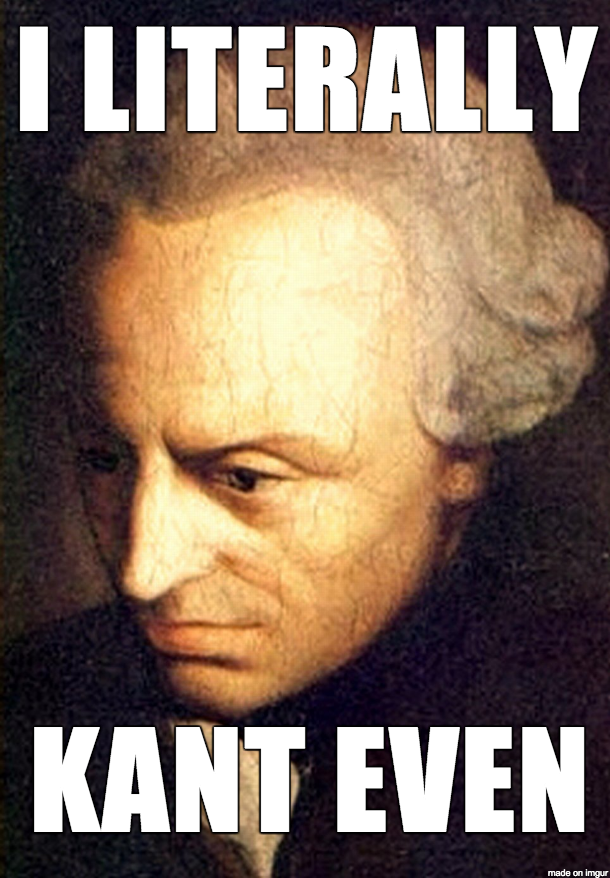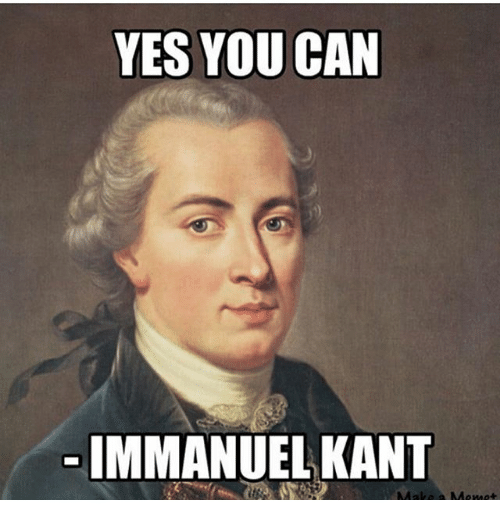
To me the central of idea of Enlightenment and the central idea of Romanticism, as presented in the class, are reason and beauty, respectively. Early on we learnt about figures such Locke, Hume, and Kant, who attempted to set standards for which how one could act rationally and adheres to reason which is universal. It is particularly apparent in Kant’s Groundwork that reason could be the highest among all other motivations human experienced, and that for a rational agent, reason is both the mean and end for which one acts upon. For these works which we’ve read under the name of Romanticism, they generally present beauty as a higher if not equivalent end to reasoning, an alternative option that explores what reason rejects and neglects. What we have here is essentially logic verses aesthetics, reasons verses sensations. Personally I’m more inclined to arguments from the Enlightenment side, as it is rational to use reason in weighting arguments. Works which are said to follow Romanticism do bring a good point in questioning whether one ought to be rational. If we can only use reason to evaluate motivation, then what is not rational is unlikely to be evaluate by reason as acceptable. In other words, we can only assume that reason is the only worthy end. This is the most interesting takeaway from this class for me thus far. The study of Enlightenment and Romanticism in the class reveals new insights to me about Foucault’ Madness and Civilization, a contemporary book examining how madness has been perceived and treated through centuries.





